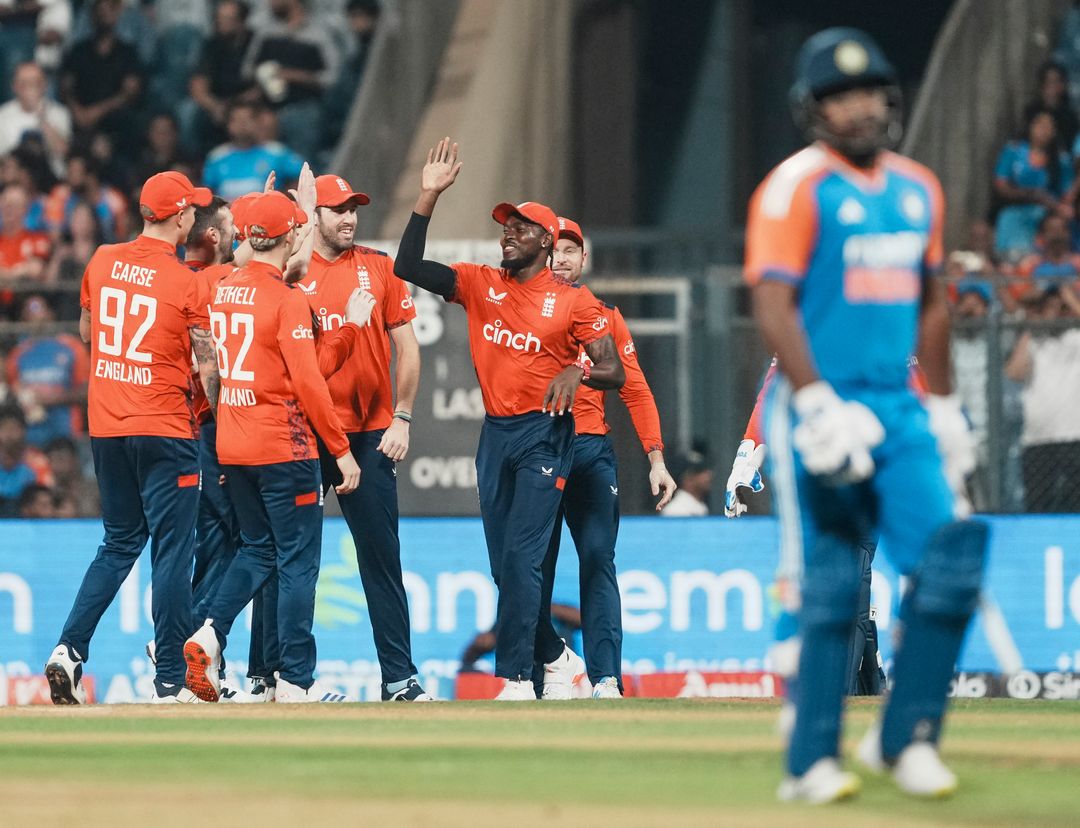“A lot of great cuisine across the world has come out of constraints—out of thinking about how to make something out of very little,” he remarked. He lauded Indian food for its ability to create delicious dishes using simple, everyday ingredients, calling this ingenuity one of the defining features of Indian cooking.
Banerjee, who has co-authored a book titled Chhaunk, illustrated by Cheyenne Olivier, drew parallels between Indian, Chinese, and European culinary traditions. “Europe is a lot like India and China in the way it has evolved a culture that is very mindful of ingredients,” he said. Using examples from Bengal and Maharashtra, he pointed out how even “little fish” is strategically used to enhance the flavor of vegetable dishes.
The economist contrasted this frugality with the abundance-driven food culture of the United States. “When people came to America from Europe, they were struck by the fact that ‘everybody can have meat here every day’—something unimaginable for the poor in Europe, who were used to subsisting on bones and tendons,” he explained.
Banerjee also argued that some of the most iconic dishes worldwide have their roots in poverty. “Pizza, chowmein, khichdi—these are all dishes that emerged from making the most of what was available. Even the famous Calcutta biryani is known for replacing meat with aalu (potato),” he noted.
JLF 2024 boasted a stellar lineup of over 300 distinguished speakers, including Nobel laureates, Booker Prize winners, journalists, policymakers, and celebrated authors. The festival saw participation from notable figures such as Esther Dufflo, Amol Palekar, Ira Mukhoty, Geetanjali Shree, David Hare, Manav Kaul, Javed Akhtar, Rahul Bose, Yuvan Aves, Shahu Patole, and Kallol Bhattacharjee.
Banerjee’s insights not only celebrated the richness of global culinary traditions but also underscored the deep connection between food, history, and economics—making his session a thought-provoking highlight of the festival.
Last updated by a enewsx:

